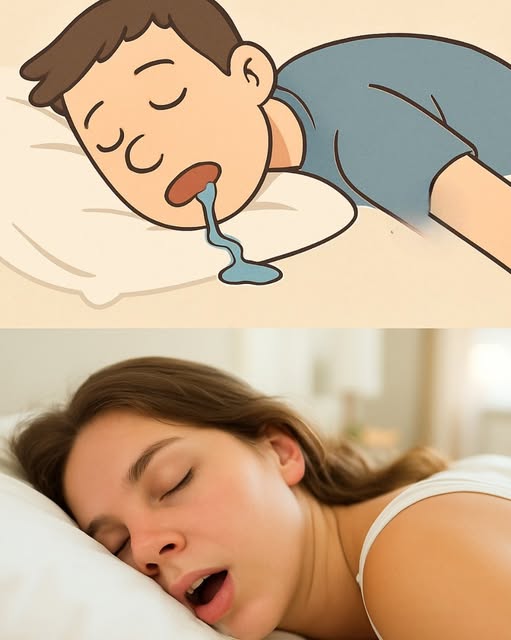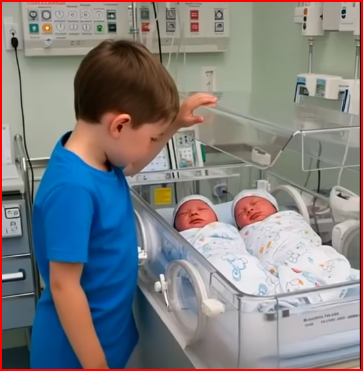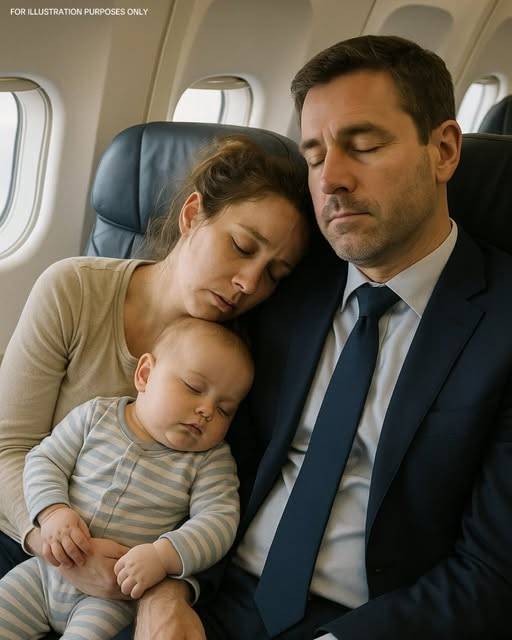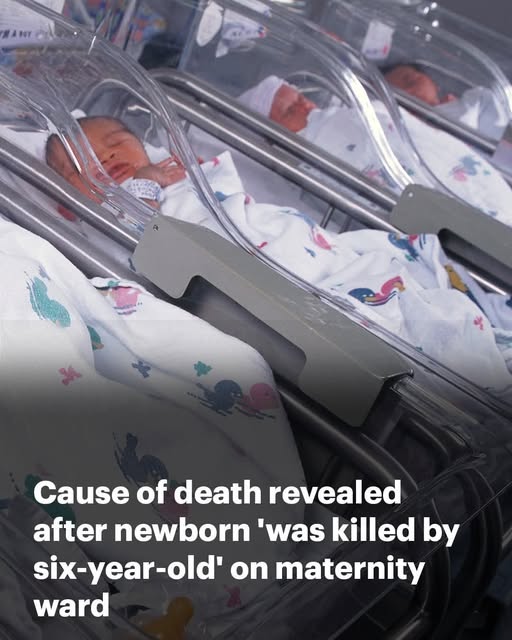10 Reasons You Might Be Drooling While You Sleep — and When to Worry
Let’s be real: drooling in your sleep is usually nothing to lose sleep over. It’s common, harmless, and only really awkward if you wake up on someone else’s couch with a wet spot on the pillow. That said, excessive or sudden drooling can sometimes signal an underlying issue worth checking with a doctor. Here’s a breakdown of the most common reasons it happens, what you can do about it, and when it’s time to get it checked out.
- Your Sleep Position
If you sleep on your side or stomach, gravity is working against you. Your jaw relaxes, your mouth falls open, and saliva escapes. Add a stuffy nose into the mix, and you’re guaranteed a damp pillow. Sleeping on your back can help, though it might take some adjustment if you’re not used to it. - Medication Side Effects
Certain drugs — including sedatives, antidepressants, antipsychotics, and some antibiotics — can cause drooling. Even over-the-counter NSAIDs like ibuprofen may trigger excess saliva in some people. Don’t stop your meds on your own; just talk to your doctor about alternatives or dosage adjustments. - Nasal Congestion
A blocked nose forces mouth breathing, which leads to drooling. Allergies, colds, or sinus infections are the usual culprits. Over-the-counter antihistamines or decongestants can help, but only under your doctor’s advice. Once your congestion clears, the drooling typically does too. - Deviated Septum
A deviated septum — when the cartilage between your nostrils is off-center — can make breathing through your nose difficult. This often results in chronic mouth breathing during sleep. If this sounds familiar, consult an ENT specialist. In severe cases, corrective surgery (septoplasty) can fix the problem. - Sleep Apnea
People with sleep apnea experience pauses in breathing during sleep, often leading to mouth breathing, drooling, and loud snoring. Other symptoms include choking sounds, fatigue, and headaches. Sleep apnea is a serious condition that affects both your health and your partner’s rest. See a sleep specialist if you suspect it. - Dental or Oral Infections
Mouth or gum infections can stimulate excess saliva production. If you have mouth pain, swelling, or notice blood when brushing, get it checked immediately. Dental infections can spread quickly and cause other health problems if untreated. - GERD (Acid Reflux)
Gastroesophageal reflux disease can trigger excessive saliva and drooling, particularly at night. Acid irritation makes swallowing difficult, leading to saliva pooling in your mouth. If you experience frequent heartburn or sour taste, talk to your doctor about treatment options. - Neurological Conditions
Certain neurological disorders — like Parkinson’s, stroke, ALS, or Bell’s Palsy — can affect muscle control, leading to drooling (a condition called sialorrhea). Even a vitamin B12 deficiency can contribute to this. If drooling is accompanied by facial weakness, slurred speech, or swallowing difficulty, seek medical attention immediately. - Teeth Grinding (Bruxism)
If you grind your teeth or wear a mouthguard at night, drooling may be a side effect. Don’t stop wearing your guard — it protects your teeth — but ask your dentist about adjustments or other solutions. - Pregnancy
Pregnancy hormones can increase saliva production, and nausea or acid reflux can make it worse. This condition, called ptyalism gravidarum, is harmless but annoying. Staying hydrated and sleeping on your back can help manage it.
How to Stop Drooling While Sleeping
If drooling is disrupting your sleep or embarrassing you, there are several strategies you can try:
Sleep on your back: It’s the simplest fix and often the most effective.
Stay hydrated: Dry mouth can cause your body to overproduce saliva later.
Try a mandibular device: Similar to a mouthguard, it keeps your mouth closed and airway aligned.
Use a CPAP machine: If sleep apnea is the cause, a CPAP device helps you breathe normally and reduces drooling.
Consider Botox (in severe cases): Injections in the salivary glands can reduce saliva production for a few months, though this must be done by a licensed professional.
Surgery: As a last resort, gland removal may be considered for patients with severe neurological causes of drooling.
When to See a Doctor
See your doctor if drooling:
Happens suddenly or gets significantly worse
Comes with swallowing difficulties or facial weakness
Is accompanied by pain, speech changes, or reflux symptoms
Interferes with your sleep quality or daily life
A medical evaluation can identify whether the cause is benign or linked to something more serious, and help you find the right treatment.
Bottom Line
Drooling while sleeping is usually harmless — just a side effect of gravity, sleep position, or a stuffy nose. But if it’s excessive, persistent, or paired with other symptoms, don’t ignore it. Your body might be signaling that something’s off. Addressing the cause can mean better sleep, better health, and far fewer soggy pillows.



